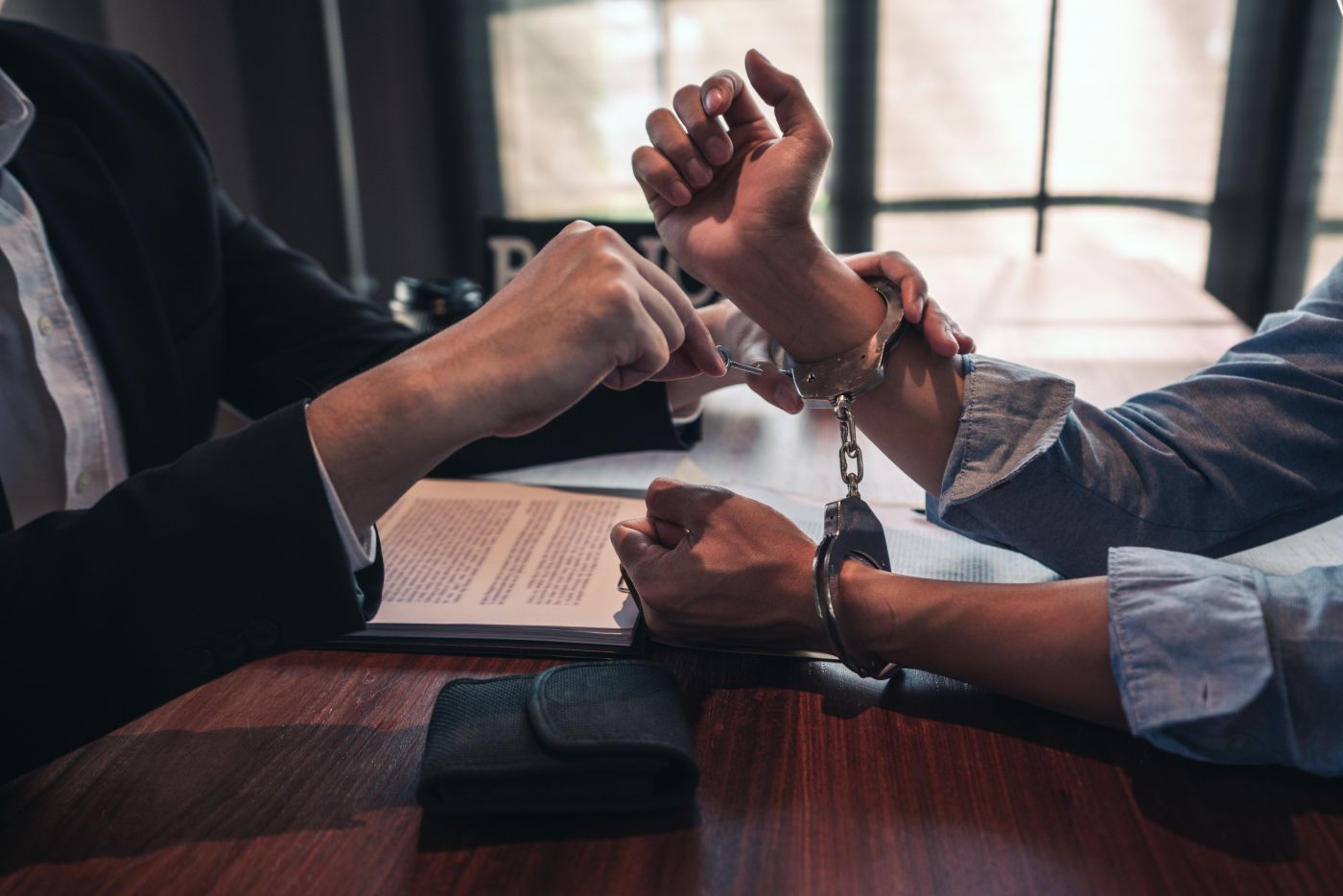Every day our lawyers talk to people accused of committing crimes. One area of confusion that must often be explained to our clients who are facing criminal charges is the “role” of the victim in a criminal prosecution.
Get a Free Consultation
The Victim’s Role
A victim’s role in a crime is not as straightforward as a lot of people seem to think it is. (Technically, until the defendant is proven guilty, the “victim” is referred to as an “alleged victim,” especially by defense attorneys.)
Once law enforcement becomes involved, it is up to the State of Indiana—whether it is the officers or the prosecutor—as to whetheror not the case proceeds and how it proceeds.
Typical Criminal Case Process:
Alleged victim contacts the police.
Police investigate & send report/talk to prosecutor.
Prosecutor decides whether to file charges.
If charges filed, defendant is arrested.
If the case goes to trial, a prosecutor must prove the case beyond a reasonable doubt.
For most cases, such as a run-of-the-mill battery, an alleged victim’s primary role is providing the initial statement to police. In other words, the alleged victim calls or visits the police to report the battery and answers the questions asked by police officers or detectives, who then prepare detailed reports.
For more major crimes, like sex offenses or murders, the investigation may involve multiple interviews with an alleged victim. In rare cases, a prosecutor may contact an alleged victim before deciding whether to file charges. After charges are filed, prosecutors will typically contact civilian witnesses, including alleged victims, if they (prosecutors) have questions about the evidence they would present, especially if the case is being prepared for trial.
Depending on the type of case, the court, the county, and even the specific prosecutor or deputy prosecutor, the alleged victim’s input may be sought by a prosecutor in determining what kind of plea offer to make or how to otherwise resolve the case. For example, some counties may offer pretrial diversion or deferral to first-time offenders charged with minor crimes. They may want to take an alleged victim’s input into account before doing so. On the other hand, for victims who were severely harmed, a prosecutor will generally consider the alleged victim’s injuries and perhaps their input before making a plea offer.
What if The Alleged Victim Doesn’t Want to Press Charges or Testify?
Some of the things we frequently hear from potential clients are:
“But he (alleged victim) is gonna show up and say he lied/was mistaken/started it.”
or
“Yeah, but she (alleged victim) told me she ain’t gonna show up.”
or
“We made up and she’s not mad anymore, so she’s gonna tell them she doesn’t want to press charges now.”
It doesn’t matter. Even if one of these statements is true, it is a common misconception that alleged victims who don’t wish to see the prosecution proceed with a case can unilaterally end it. The victim and the accused may both think “If I (victim) don’t show up at trial or if I show up and say it didn’t happen, the case will go away.” This is not necessarily true. This situation is very fact-sensitive, case-based, and prosecutor-specific. For example, even if the State’s only evidence is an alleged victim’s statement and that witness recants (says it didn’t happen), the State could potentially proceed on admissible portions of that statement and argue to a jury why the initial statements are more credible than how the witness is testifying on the stand. And there could be other witnesses, the 911 call, pictures, videos, audio recordings, etc., used to prove the prosecution’s case.
So, even if the alleged victim recants, isn’t called to testify by the prosecution, or refuses to testify — that does not necessarily mean the charges against someone will be dropped, or that the case is “over.” At that point, the wheels of criminal justice are already turning, and the train is already halfway down the tracks. It has momentum of its own.
Control of The Alleged Victim in A Prosecution
The victim does not control the prosecutor. The only total control an alleged victim has over the prosecution of a case is the initial decision to contact law enforcement and the content of his or her initial contact. Beyond that, you need to understand that many factors are at play.
Whether the case will proceed with or without the alleged victim is something that must unfold in real time. Even as experienced criminal law attorneys, we have no way to look into a crystal ball to predict what will happen in your particular case. That said, we are well-versed in criminal matters, know what to expect, and how to best navigate the legal process – regardless of which turn your case takes. We can guide you through the process – because we understand the process.
Need Help?
Give us a call to speak with one of our experienced criminal law attorneys today! While we may not have a crystal ball to predict the future, what we DO have is a team of experienced, knowledgeable, and friendly-but-aggressive criminal law attorneys standing by — ready, willing, and able to help you.



